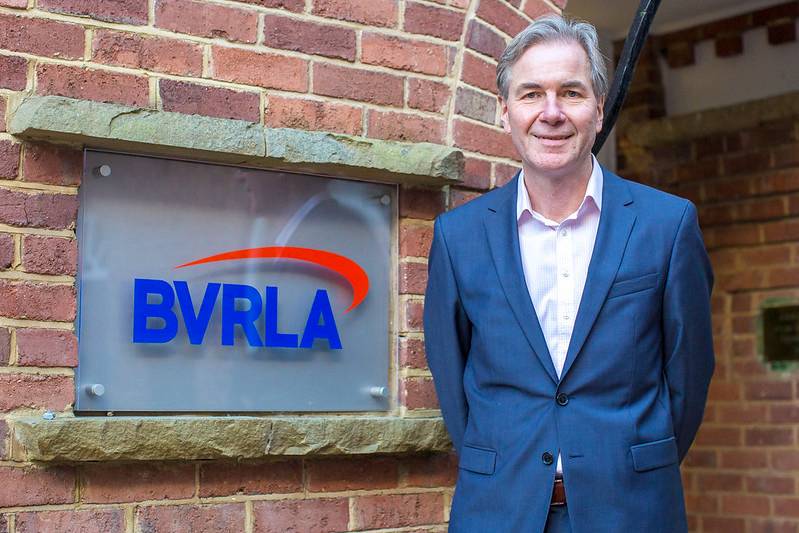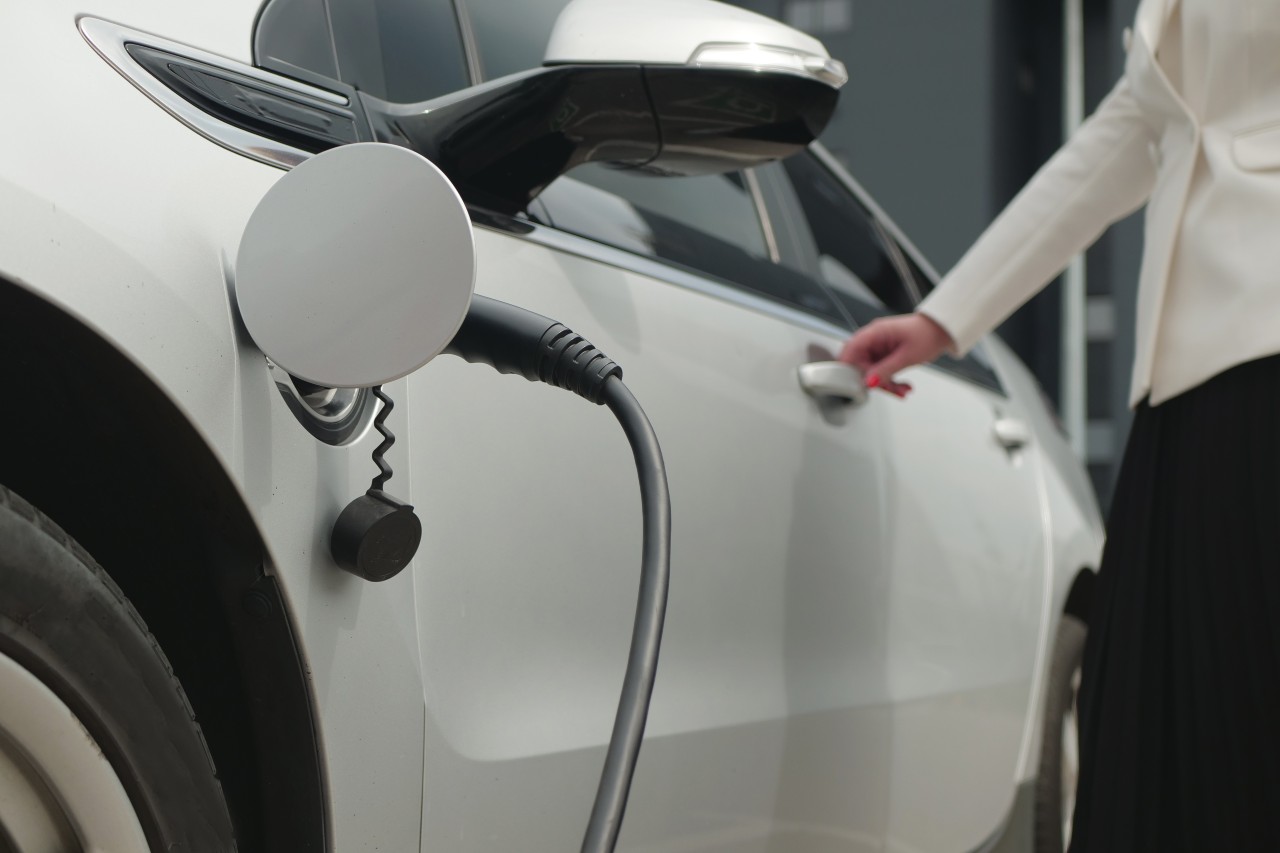SALARY sacrifice remains a tax-effective solution for fleets following yesterday’s Autumn Budget and Spending Review (27 October 2021).
There was nervousness in the fleet industry that changes to the Optional Remuneration Arrangements (OpRA) were to be introduced which would be a significant blow to the many successful salary sacrifice schemes leasing brokers have introduced.
But with no announcement, the substantial income tax and NIC advantages associated with salary sacrifice cars, particularly zero emission cars, ensures salary sacrifice will continue to surge in popularity. Big sigh of relief…
Van tax up
Benefit in kind taxation on company provided vans rises in line with inflation. It’s up from £3500 to £3600 as of 06 April 2022.
Fuel benefit charge rises
‘Free’ fuel continues to be one of the least attractive ‘freebies’ going. From 06 April 2022 the multipliers rise with inflation.
- van benefit fuel multiplier – £688 (from £669); and
- car fuel benefit multiplier – £25,300 (from £24,600).
Fuel duty frozen – good news for van and personal lease drivers
There’s some relief for those company fleets still in ICE cars, but certainly good news for brokers who specialise in van leasing or personal leasing: with pump prices at an eight year high, fuel duty on petrol and diesel is frozen again. For the 12th successive year. The saving for the average UK car driver is £1,900 per year.

What did the BVRLA say?
Gerry Keaney, BVRLA chief executive, commented:
“The Chancellor has missed an opportunity to give the industry essential clarity when it is most needed. At a time when the uptake of electric vehicles is ready to accelerate, the silence around areas such as benefit in kind tax rates is deafening. This only grows fears that rates will be drastically increased down the line.”
Van finance focus should be on purchase to benefit from the Annual Investment Allowance (AIA)
Brokers selling van leases should be steering customers towards contract purchase agreements or HP if customers want to make the most of the temporary enhanced AIA. This is extended until April 2023 and offers businesses the right to claim the AIA on both general and special rate plant and machinery, effectively a 100% allowance. Commercial vehicles, such as vans, should qualify for the AIA. Cars do not.
Zero emission vehicles still pay £0 for Vehicle Excise Duty (VED)
From April 2022, VED for cars, vans and motorcycles will rise in line with inflation. Unless it’s a pure electric vehicle.
This means that the first year rate for cars registered from 01 April 2017 will increase by up to £120, the standard rate will increase by £10 and the ‘expensive car’ supplement, which applies to cars with a list price exceeding £40,000, will increase by £20. However, zero emission cars continue to be exempt from VED, and the supplement, until April 2025.
The standard rate of VED for cars registered before April 2017 will rise by up to £30.
The annual VED for Euro 4 or Euro 5 vans is frozen, but will increase by up to £15 for all other vans.
Heavy goods vehicle (HGV) VED has been frozen again for a further year until April 2023, and the HGV Levy will be suspended for another 12 months from 1 August 2022.
Certificate of conformity
The Chancellor announced that tax legislation will be amended to recognise a new GB certificate of conformity that will be introduced through a new permanent and comprehensive GB vehicle type approval scheme to be brought into effect at some point during 2022. These changes will also ensure that any figure representing a vehicle’s CO2 emissions will be disregarded unless it is derived from The Worldwide Harmonised Light vehicle Testing Procedure (WLTP).
This special Budget report was produced in association with tax consultancy BCF Wessex, with special thanks to Jeff Whitcombe.

Ralph Morton is the leading journalist in the leasing broker sector and editor of Broker News, the website which provides information and news for BVRLA-registered leasing brokers. He also writes extensively on the fleet and leasing market in both the UK and Europe.



